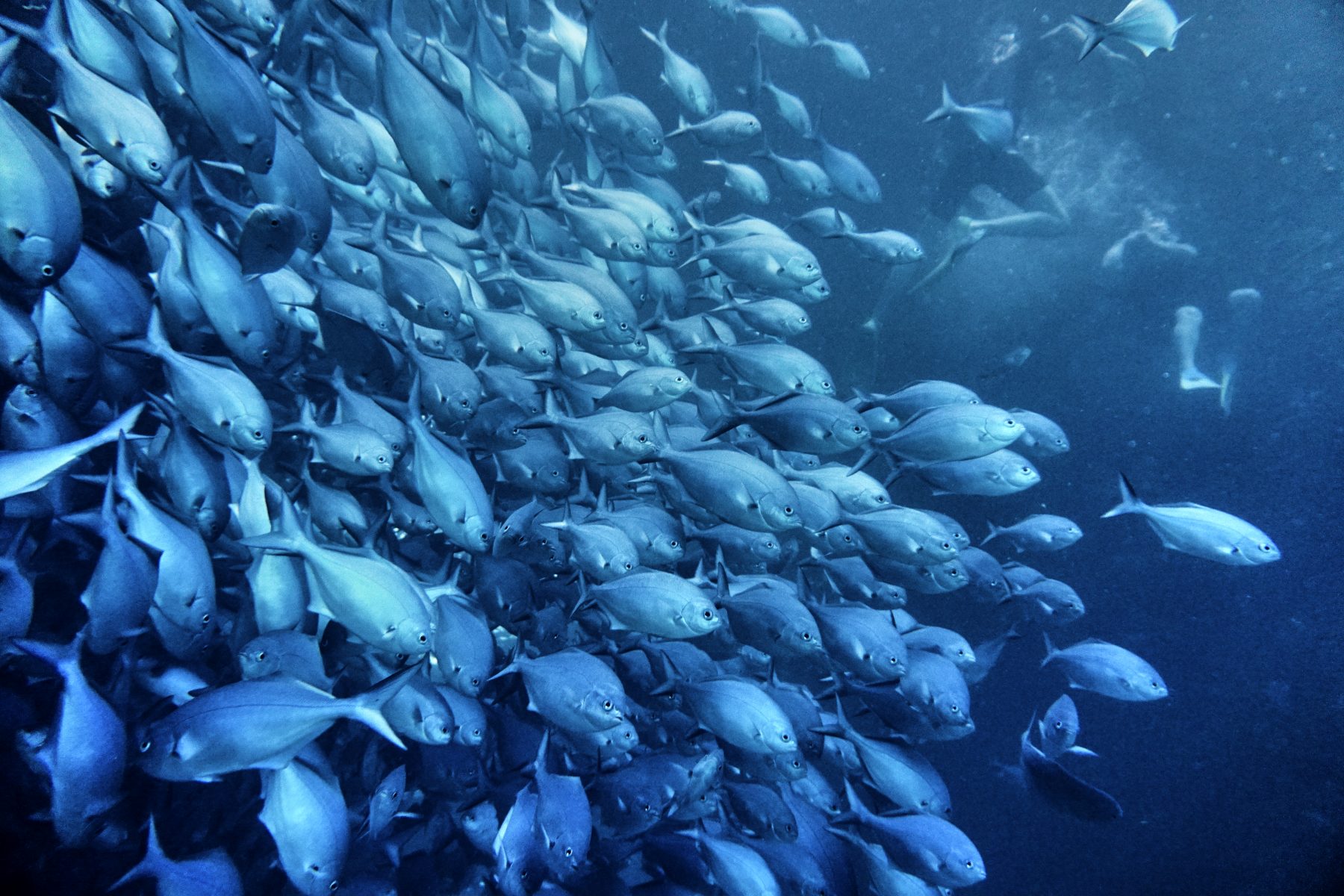Team Leader
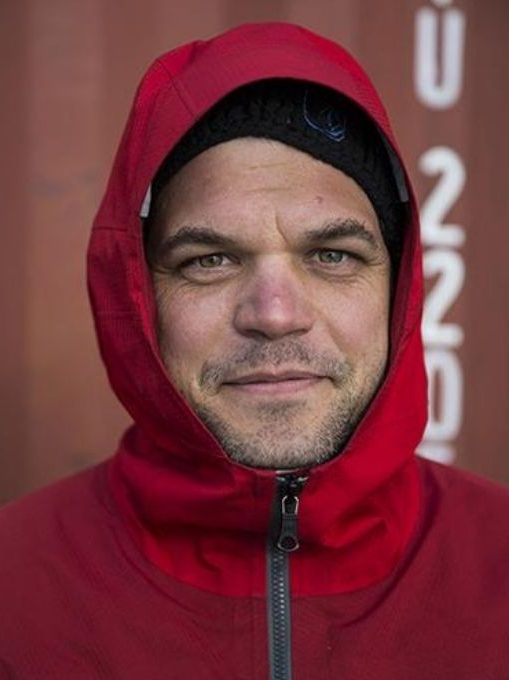
Prof. Samuel Jaccard
Born in 1977 and of Swiss origin, Professor Samuel Jaccard is a specialist in Earth sciences. He trained in geology before exploring paleoclimatology, paleoceanography and chemical oceanography. His research aims to better document nutrient cycling and oxygen availability in marine ecosystems and the impact these processes bear on the cycling of carbon in the ocean interior. To do so, he mainly uses sedimentological and geochemical approaches and develops innovative tools to reconstruct climate-driven changes in the marine environment.
Samuel Jaccard obtained a Bachelor’s and Master’s degree in geology from UNIL, and then completed a thesis in Earth Sciences at ETH Zurich in 2006. His SNSF Early Postdoc Mobility Fellowship then took him to the University of British Columbia in Vancouver (Canada). Samuel Jaccard moved back to ETH Zurich where he worked as an senior researcher in climate geology for 5 years. He was then awarded an SNF professorship to establish an independent research group at the University of Bern and recently moved to UNIL as an associate professor.
Samuel Jaccard has been involved in drafting the sixth assessment report of the IPCC (AR6) and is member of the Swiss Committee on Polar and High latitude Research as well as member of the executive board of CLIMACT, the joint UNIL-EPFL centre of Climate Impact and Action.
Office 3893, Batiment Geopolis
email: samuel.jaccard@unil.ch
Post-Docs
Dr. Patrick Blaser
I come from a physics education with interest in chemistry, and am now working in palaeoclimatology and marine isotope geochemistry – which helps me maintain a broad and comprehensive scientific approach. Combined with rigorous statistical analysis, method development, and modelling, it allows me to improve the spatial and temporal coverage of palaeoclimatological data and decreases the risk of bias, thus increasing our confidence and the significance of the interpretations. I also enjoy to supervise student theses, foster critical thinking, and teach classes.
My ongoing research topics include the investigation of:
– Atlantic deep water mass distributions since the Last Glacial Maximum,
– biological productivity, ocean circulation, and carbon storage in the Southern Ocean, and
– deep sea sediments as sinks and sources of dissolved trace metals.
Office 3635, Batiment Geopolis
email: patrick.blaser@unil.ch
website: https://patrick-blaser.github.io
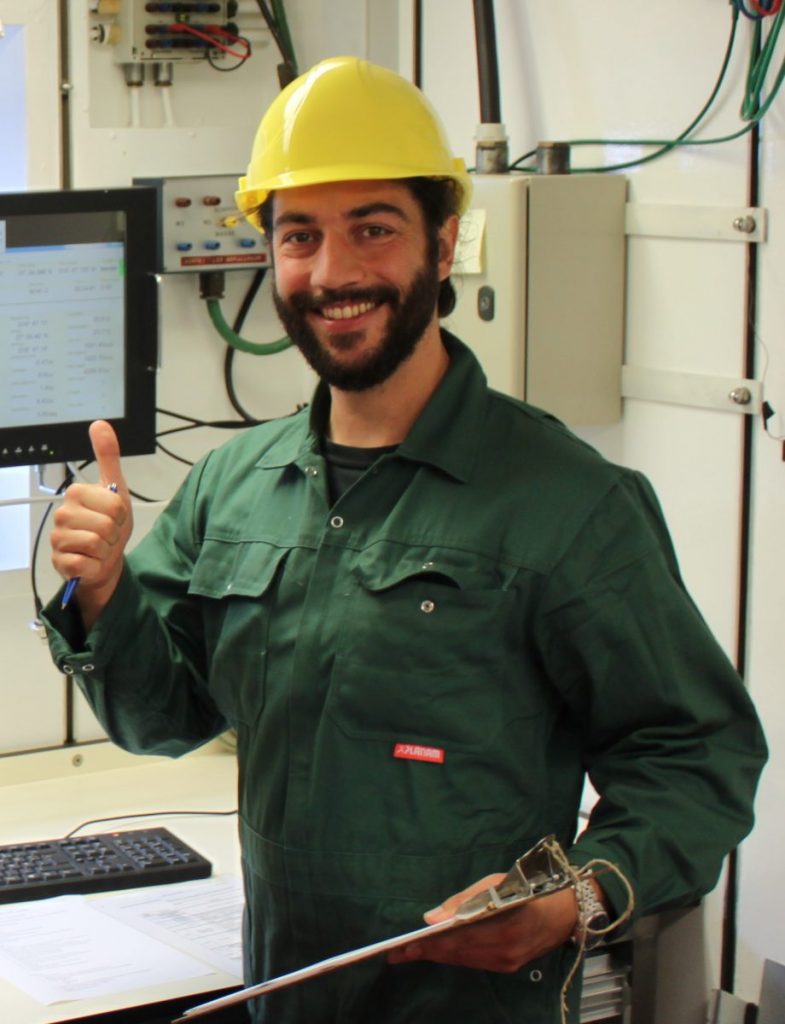
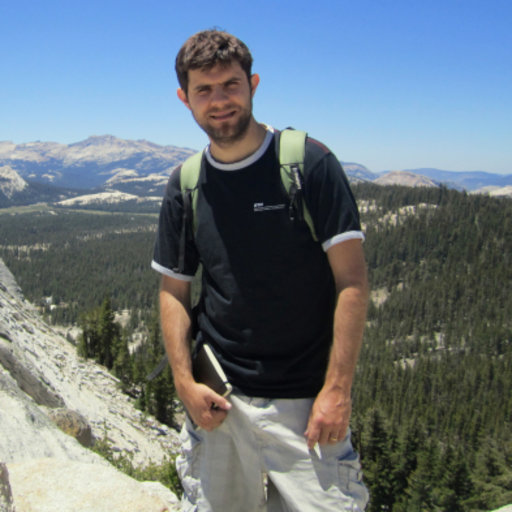
Dr. Matthieu Galvez
Office 3639, Batiment Geopolis
email: mattieu.galvez@unil.ch
Dr. Isabelle Baconnais
Isabelle Baconnais is a Research Assistant for the Institute of Earth Sciences at the Faculty of Geosciences and Environment of the University of Lausanne since June 2022. As part of the team of Prof. Samuel Jaccard, her project aims at better constraining the removal of chromium (Cr) from seawater and its subsequent export onto sinking particles to the underlying sediments. This project is within the framework of the Horizon 2020 ERC project SCrIPT, for which the overarching goal is to use Cr as a tracer for measuring changes in the strength of the Marine Biological pump. This project is an excellent continuation of her thesis subject accomplished at the University of Saskatchewan (Canada), for which she studied the distribution of dissolved Cr and its stable isotopes in Modern Oceans.
She specializes in the measurement of trace elements and their stable isotopes in seawater. Her work answers to two objectives: [1] the evaluation of the sources, sinks and internal cycling of the selected trace elements to characterize the processes regulating their distributions in the oceans; [2] the use of this knowledge to develop tracers of global change and its impact on the carbon cycle.
Born in France, Isabelle Baconnais graduated with a Bachelor’s Degree in Earth and Environmental Sciences at the Université de Bretagne Occidentale (Brest, France), a Master Degree in Marine Chemistry at the Institut Universitaire Européen de la Mer (Plouzané, France), and a doctorate in Marine Geochemistry at the University of Saskatchewan (Saskatoon, Canada).
Office 3639, Batiment Geopolis
email: isabelle.baconnais@unil.ch
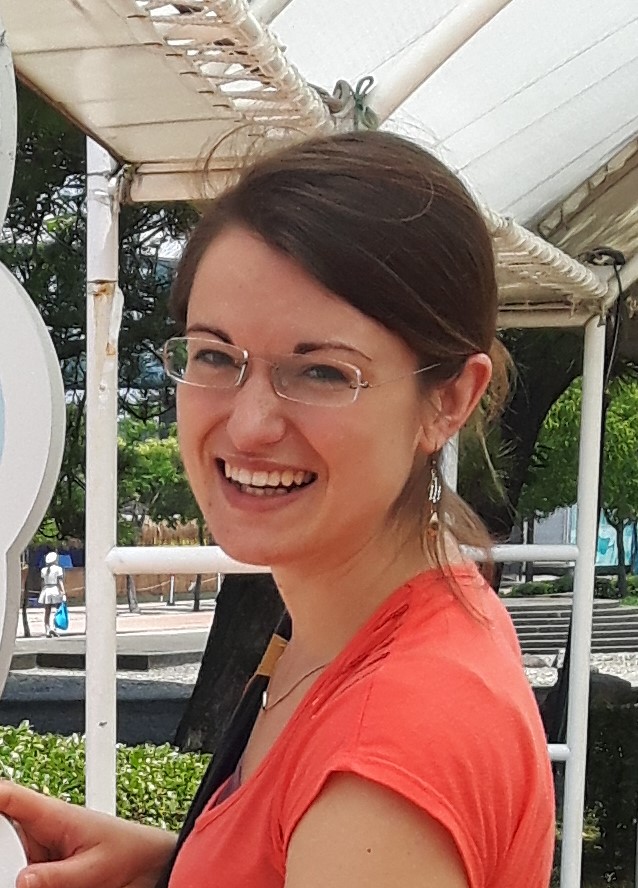
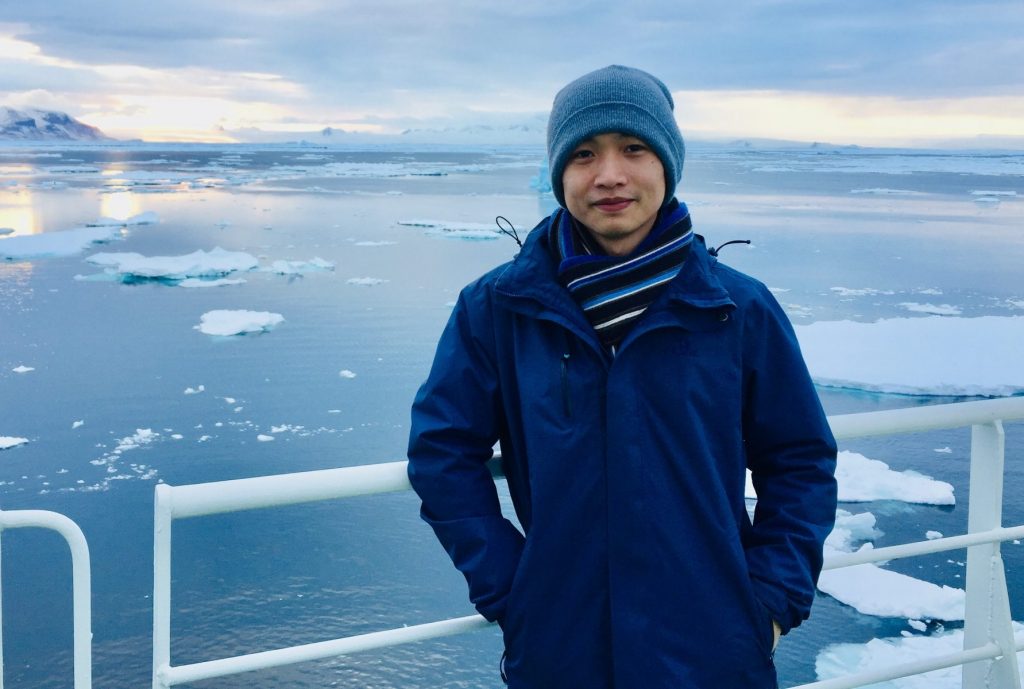
Dr. Shuzhuang Wu
I am currently working at the University of Lausanne, researching in the field of Marine Geology and Paleoclimatology. My current main project is entitled ‘Circumpolar climate variability and global teleconnections at centennial to orbital time scales’.
Office 3639, Batiment Geopolis
email: shuzhuang.wu@unil.ch
Dr. Sylvie Bruggmann
My research interests range between the water column and the sediment, as well as between modern environments and the early Earth. I seek to understand how geochemical information is translated from the water column to the sediment, and how we can interpret it in the geological record. In particular, I investigate trace metals and their isotopes (e.g., Cr and U) in modern (sediments, fluids) and fossil (sedimentary rocks) samples. Ultimately, I am interested in reliable geochemical tools that can aid in improving reconstructions of the Earth’s geo- and biosphere in the past.
I studied geography and geology at the University of Zurich and ETH (Switzerland). After my studies, I moved to Denmark to obtain a PhD in geochemistry at the University of Copenhagen (Denmark). In 2019, I started a postdoc project at Rutgers University (USA), followed by a postdoc project funded by the Swiss National Science Foundation at the Vrije Universiteit Amsterdam (The Netherlands). In 2022, I went back to my roots, trying to detangle the Cr isotope system at the University of Lausanne (Switzerland).
Office 3635, Batiment Geopolis
email: sylvie.bruggmann@unil.ch
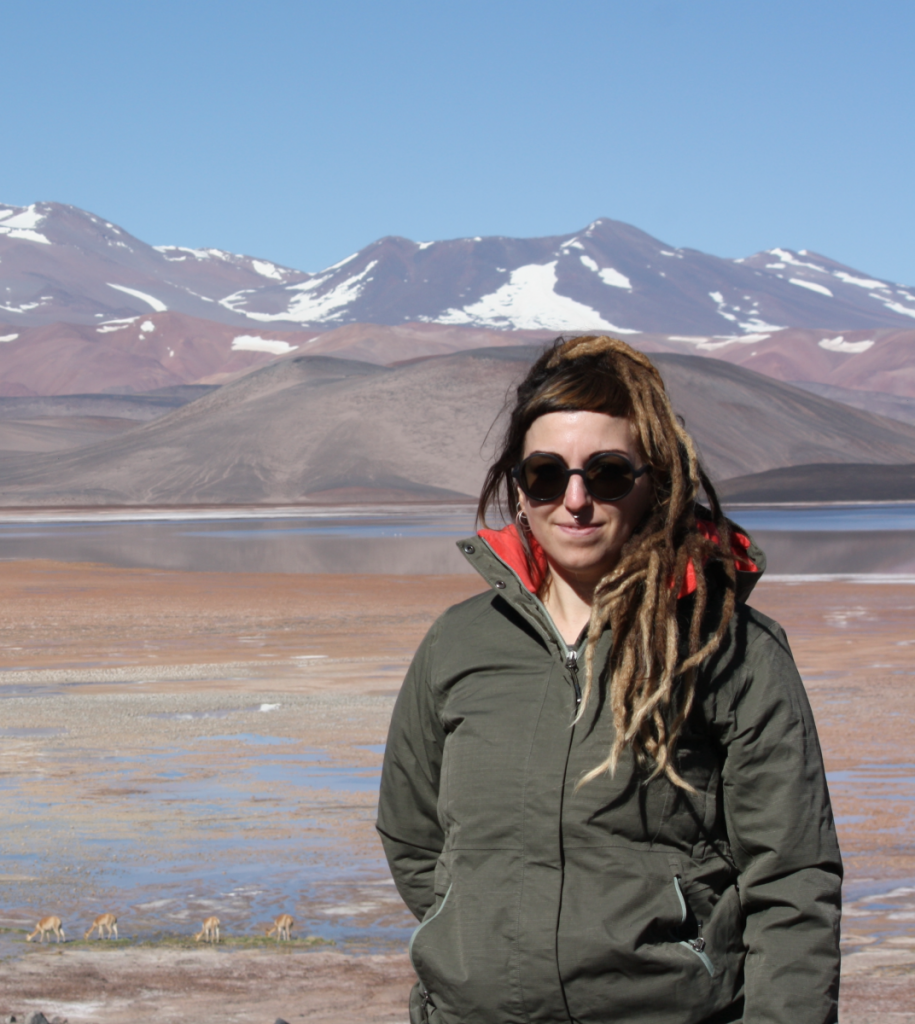
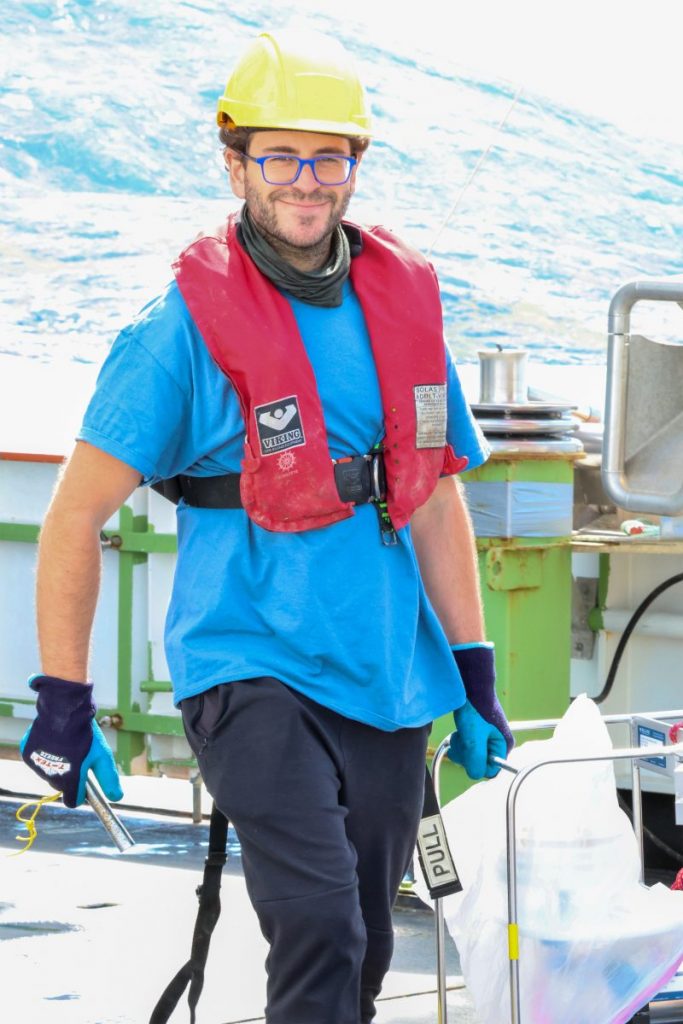
Dr. Maxi Castrillejo
Maxi is a marine scientist interested in how oceans work and interact with human derived contamination and climate change. He aims to improve our knowledge on ocean circulation and the marine biological carbon pump within the current context of global warming by using both fieldwork and earth system model output data. His research also contributes to better understand the fate of radioactive contamination at sea and on land. Maxi is a specialist in radiochemical tracers, meaning that he uses natural and artificial radionuclides to study processes at the interface between physics and biogeochemistry. Among other findings, his research contributed to identifying continuous radioactive releases from the damaged Fukushima Nuclear Power Power Plants and elucidate the timescales and pathways of the Atlantic Meridional Overturning Circulation.
Born in the Basque Country, Maxi Castrillejo graduated with a 5-year Bachelor’s Degree in Oceanography at the University of Las Palmas de Gran Canaria, Canaries, and a Master by Research from the National Oceanography Centre of Southampton, UK. He pursued his doctorate in the Institute of Science and Technology-ICTA at the Autonomous University of Barcelona in Catalonia. During his PhD, Maxi also stayed at the Woods Hole Oceanographic Institution and the Lamont-Doherty Earth Observatory of Columbia University in the USA. He applied for further grants to pursue postdoctoral work at ETH-Zurich in Switzerland and Imperial College London in the UK. Maxi has now returned to Switzerland where he is employed by Prof. Samuel Jaccard at the Institute of Earth Sciences at the University of Lausanne.
Maxi has been involved in the UN Ocean Decade Challenge 1: “Understanding and beating marine pollution” as well as in many oceanographic cruises in the Atlantic Ocean, Southern Ocean, Mediterranean Sea and Greenlandic Fjords. He now focuses on CARVICE project led by Prof. Samuel Jaccard (UNIL) and Sarah Fowcett from the University of Cape Town. This project funded by the Swiss National Science Foundation investigates the changing marine biological carbon pump in the face of vanishing (sea-)ice. You can learn more about carbon export and natural decay chains within CARVICE at https://x.com/_CARVICE_ and https://x.com/MaxiCastrillejo.
Office 3633, Batiment Géopolis
Dr. Amy Hsieh 謝一如
I am a geoscientist studying the influence of arc-continent collisions on carbon sequestration, specifically examining the effects of erosion of rapidly uplifting orogens in mid-latitude regions, and the competing influence of weathering versus enhanced productivity related to increased nutrient supply. I employ multidisciplinary methods in my research, integrating geochemistry, sedimentology, and statistical modeling to better understand these complex processes.
I earned a cotutelle PhD from Simon Fraser University and National Taiwan University, where I undertook research on reconstructing paleoclimate and extreme weather events using proxies from shallow-marine sedimentary records. Through my work, I reinterpreted existing climate proxies, resolved conditions under which climate signals are recorded in sedimentary archives, and developed new methodologies for identifying sediment and carbon dispersal patterns in oceans. I also focused on resolving different controls on paleoclimate proxy records in environments influenced by changing temperatures, tectonics, and ocean circulation in the northwest Pacific region.
Prior to my PhD, I worked as a hydrogeologist for environmental and engineering consulting companies. I have been involved in water resource assessments, site assessment and remediation, and contaminant hydrogeology, and developing three-dimensional numerical groundwater flow models.
Office 3663, Batiment Geopolis
email: amyiju.hsieh@unil.ch
LinkedIn: https://ca.linkedin.com/in/amy-hsieh-48a2a817b
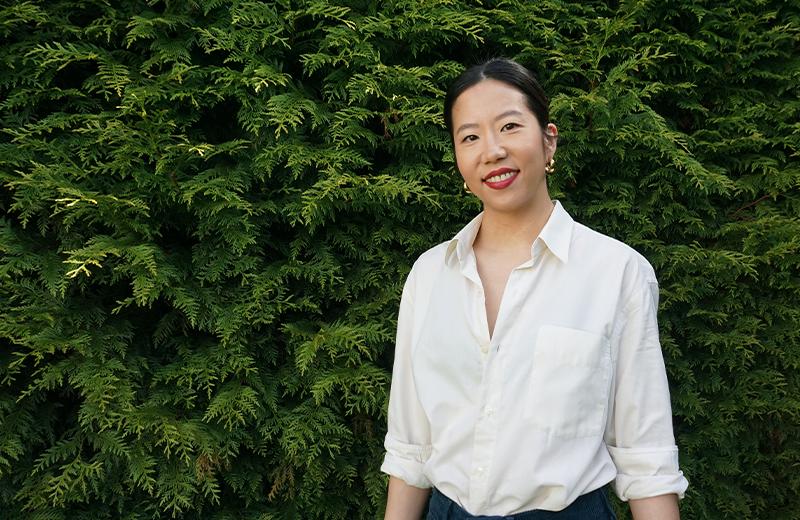
Doctoral Students
Michael Bollen
My current work at the University of Lausanne investigates variability in the formation and export of oxygenated bottom water from the last glacial maxima to present. I am applying a suite of geochemical proxies to investigate long-core sediment records from the Weddell Sea, with a focus on the authigenic and detrital records of Neodymium, Lead, and Uranium. My past research has addressed similar questions using diatom micropaleontology, paleomagnetism, and sedimentology during a Master of Science at the University of Otago. In the past, I’ve also worked as a Paleomagnetism Laboratory Technician onboard the JOIDES Resolution.
Office 3640, Batiment Geopolis
email: michael.bollen@unil.ch
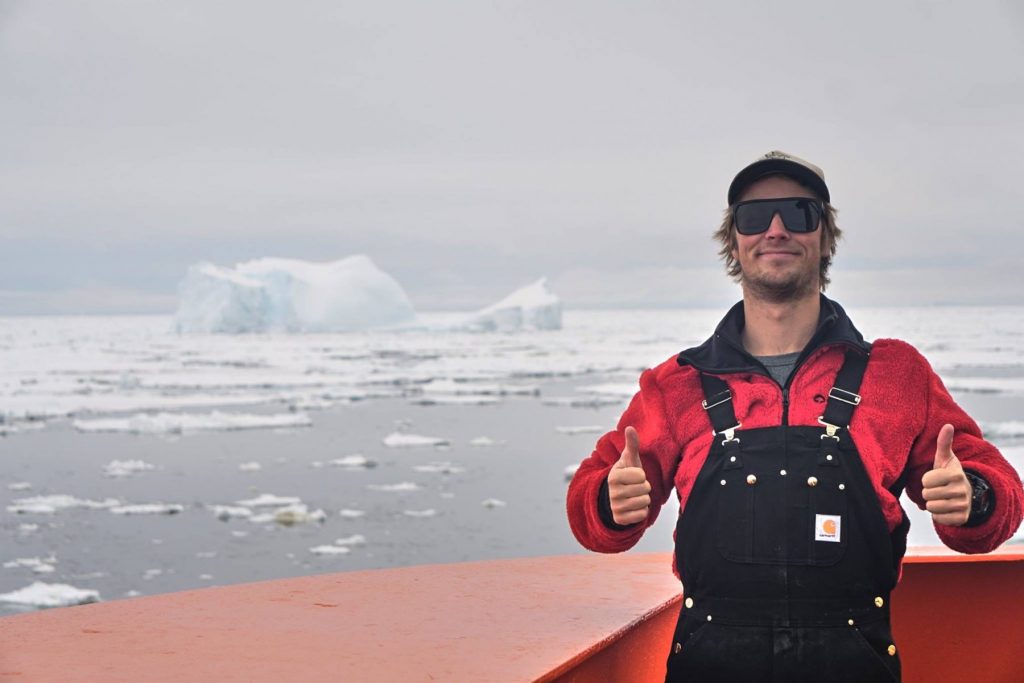

Delphine Gilliard
I finished my M.Sc. diploma in climate sciences in January 2021, with a thesis entitled “Dissolved chromium concentration and δ53Cr as a tool to quantify the strength of the biological pump in the South Pacific Ocean”.
I studied climate sciences because Earth and climatic issues have always been subjects of huge interest. Nowadays, it is of crucial importance to understand the past of the climate to understand and try to predict what is going to happen in our future.
Office 4639, Batiment Geopolis
email: delphine.gilliard@unil.ch
